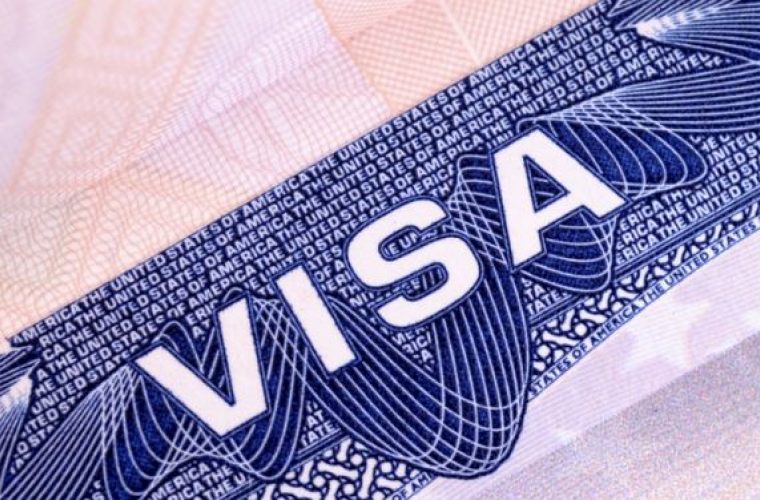Public Charge Rule for U.S. visa applicants

Public Charge Rule for U.S. visa applicants

BY THEUS LAW OFFICES

The policy behind the proposed public charge rule was created to reduce the number of people who are eligible for visas, such as green cards, by reevaluating what makes those individuals dependent on government benefits. Such policy also considers the likelihood of whether those individuals will be placed on benefits in the future.
The criteria for potentially denying U.S. visa applicants would include: (1) Prior use of certain governmental benefits; (2) Likelihood of future use of government benefits; (3) Insufficient financial resources.
Under the new policy, the definition of governmental benefits would be broadened and would include additional programs such as “food stamps” and federal housing subsidies. It is important to note that while DHS cannot disqualify individuals from receiving governmental benefits, it can penalize visa applicants for depending on the government for such benefits. Primarily depending on the government includes either using public cash assistance for income maintenance or institutionalization for long-term care at government expenses.
While Congress ultimately sets out the general criteria that immigration officers must take into account when determining whether someone will become a public charge at any point in the future, DHS seeks to expand the factors the officers will take into account. Additional relevant factors would include age, health, family size, skills, and financial status.
As mentioned above, the third criteria used by the new regulation for denying U.S. visa applicants is insufficient financial resources. Even if the visa applicant has never used governmental benefits, it is possible that they could be blocked by a brand new requirement known as Form I-944, or Declaration of Self-Sufficiency. This new form is designed to help immigration officers determine whether the applicant will become a public charge looking at the applicant’s financial resources. Applicants will be required to show that they will have a household income of at least $41,150 for a single couple with no children.
The individuals most likely affected by the proposed rule will be green card applicants who seek permanent residence based on a family relationship to a U.S. citizen or permanent resident or sponsorship by a U.S. employer. However, note that this rule has not yet gone into effect. If you are considering applying for a green card, it is better to apply sooner than later. The well-seasoned immigration attorneys at Theus Law Offices are available to make the application process as smooth as possible for their clients.

